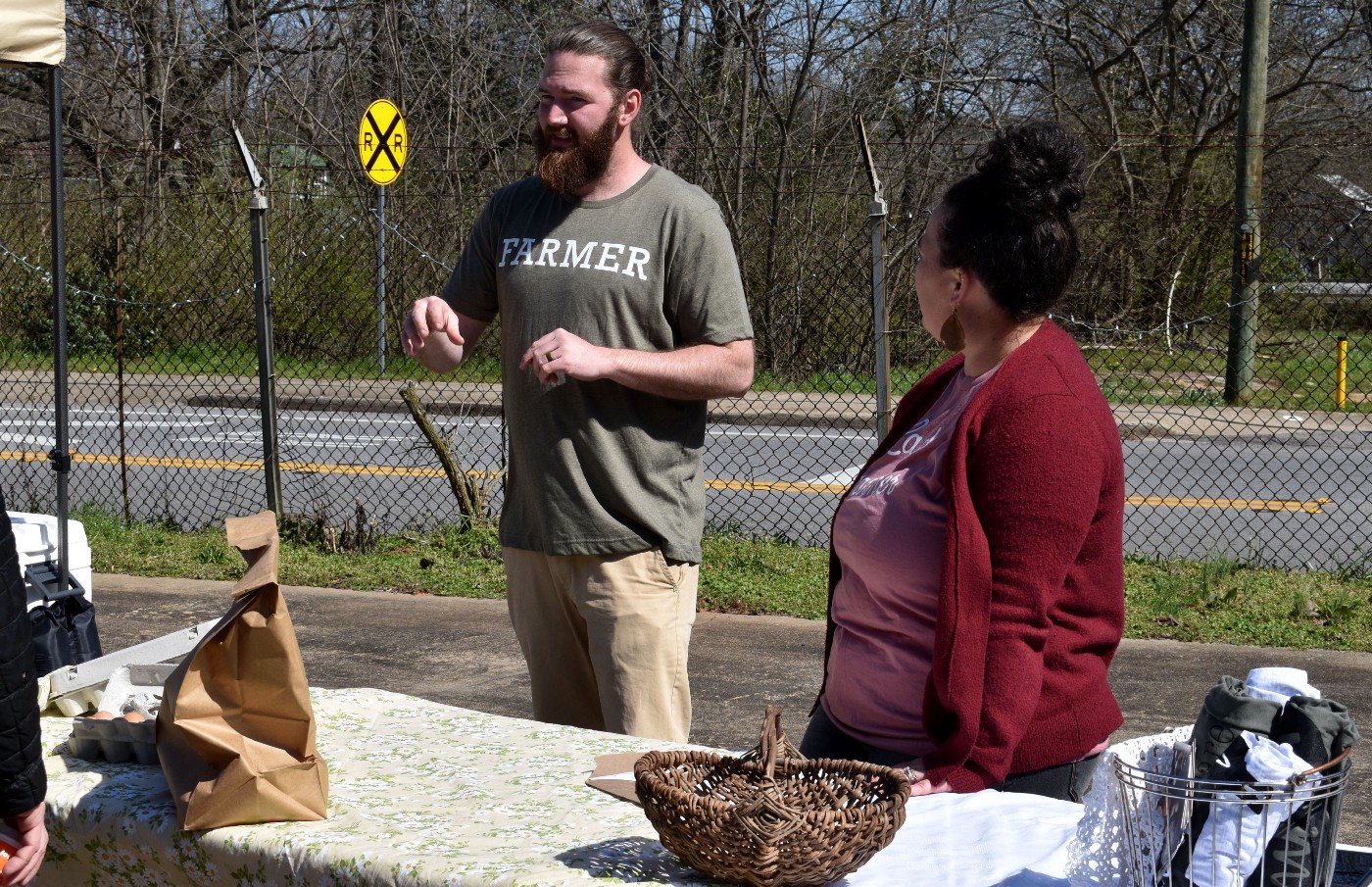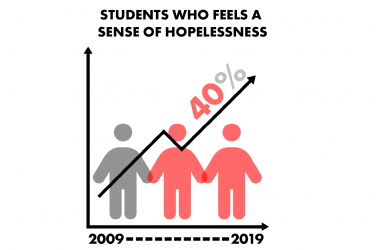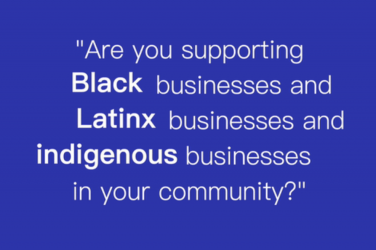First the chicken, then the eggs. These were some of the products (after toilet paper) to fly off the shelves of corporate grocery stores when the panic hit.
In the midst of a global pandemic, when many stores were experiencing supply shortages, a local farm-share program teamed up with the Athens Farmers Market to provide food for their community in a safe and convenient way.
Athens residents began to turn to community-supported agriculture (CSA) programs like Collective Harvest to fit their needs while supporting the local economy. Collective Harvest partnered with the Athens Farmers Market to open an online farm stand on March 18, 2020, days before the market was scheduled to open at Bishop Park. The online farm stand offers custom orders, just like an in-person market, with an option for home delivery or pick-up at the Collective Harvest headquarters.
“We think this has definitely opened up a lot of people’s eyes in the Athens community to the importance of local produce and being able to have access to it,” said Brone Stewart, wholesale coordinator at Collective Harvest.
Pre-pandemic, Stewart was connecting farmers to restaurateurs for supply. He said that as soon as the crisis started to unfold, the wholesale business had a reduced intake for restaurant orders.
Athens residents are going to small farms to buy essential groceries like bread, eggs, meat and produce, so they can stay safe at home and still provide meals for their families. Many local farms have recently partnered with Collective Harvest to bring their products to the online market.
Chez and Neah Maxwell operate a small-scale farm in Pocotaligo, Georgia. They are working with Collective Harvest through the online farmstand and CSA share to sell their pork and chicken products.
Neah Maxwell said, “I think that this whole pandemic has created a surge of people that realize that they can’t only rely on grocery stores to supply their food and so there has been a huge influx of people who are buying through local, sustainable farms.”
Meg Grevemberg, of Little Flock poultry farm in Colbert, Georgia, runs a share program called Community Meat Company in Athens where she has seen her sales triple in the last few weeks. She attributed the increase to both new members seeking out resources for food and returning members buying products, especially eggs, in bulk.
People feel a little bit safer getting their food from us,” Grevemberg said.
“Those smaller, more in-person handling it and not a lot of people around versus having to wade through Kroger and who knows who touched what,” she said.
The Maxwells said their customers have expressed sympathy and understanding of the struggles that farmers face, and people are appreciative of the convenience aspect of the online market and curbside pick-up or delivery option.
“In terms of convenience, it’s been even more convenient because of the drive-thru options,” Chez Maxwell said. “It’s taken a lot of work from a lot of different people, but (the farm stand) definitely made it much more convenient than it was even a few months ago.”
And it has taken more work. For pick-up orders, the farm stand schedules time slots on Thursday and Friday every week for customers to come to the Collective Harvest warehouse, open their car door or trunk, and an employee will place the order in their car.
Welch Suggs is a professor at Grady College at the University of Georgia, and he recently picked up his first order from Collective Harvest.
“The line of cars snaked around the building, out Harris Street and down nearly a block on West Broad,” Suggs said via Slack. “Staffers in gloves and masks sprinted from warehouse to car, loading and checking orders while drivers stayed in cars except to pop trunks open and closed.”
According to Stewart, Collective Harvest has hired many employees to help run the new farm stand, so there are more people to pack the deliveries and make those deliveries on time. Stewart said more people have signed up simply because of the delivery option, like people who are actually under quarantine, and this process helps them feel safe.
Stewart also expanded on the support that Collective Harvest received from their customers.
“What we’re hearing the most is actually a lot of gratitude,” Stewart said. “People are very grateful for our services and they’re grateful to the farmers as well. A lot of people were upset to hear the farmers market wasn’t going to happen on opening day, and left in the dark wondering how they could get local produce, and we kind of helped fill that void for them.”
The outpouring of community support during this pandemic has created a surge in business for many small farms in Athens. A mutually beneficial relationship has developed between the consumer and farmer, which could potentially set a lasting precedent for our local economy.
Missy Tucker is a junior majoring in journalism in the Grady College of Journalism and Mass Communication at the University of Georgia.









Show Comments (0)